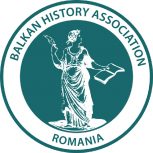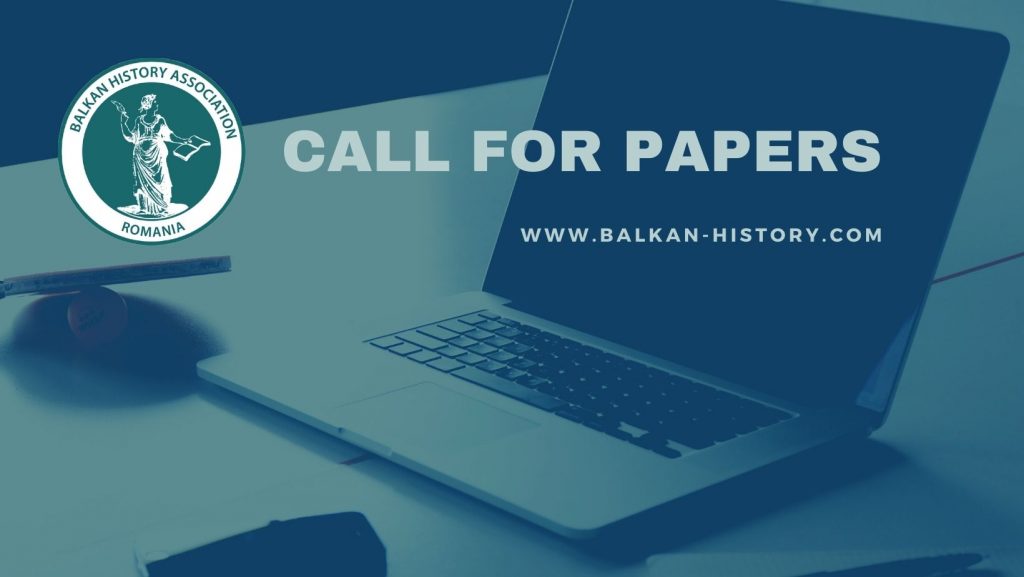Call for Papers for the thematic issue of Hiperboreea:
Makers of their history: Collective subjects in historical narratives of the Balkans
Guest Editor: Milan Vukašinović (Uppsala University)
The figure of a hero – an individual, male, elite character – stands out as a formal feature of European historical narratives. From the traditional origins of history writing in antiquity, to its modern academic, documentary and fictional forms, these individuals stand against a background of more or less visible collectivities. Groups like families or nations have been acknowledged as legitimate subjects of history but have been predominantly treated in scholarship as having features of individual characters, or as being unproblematically reducible to their individual constituents through the lens of identity studies. This often results in leaving the majority of historical populations out of historical accounts, in one way or another.
In contrast to these trends, this thematic issue will tackle the narrative formulations of collective subjects in the written accounts of the Balkans’ past from antiquity to contemporary history, on their own terms. Contemporary theorists of collectivity argue that the present individualist bias comes as a consequence of the ‘European Enlightenment subject’: a clearly physically and psychically autonomous, male, white, rational, intention-driven, and agentic entity. Conversely, human bodies assembled in the same space and time, have been discursively shaped as the radical opposite: a feminized, irrational, gullible and affect driven threat to both the individuals they encompass and those they face. Still, since many premodern accounts and intellectual currents seem to share at least some of these conceptions, the question must be asked whether the individualist bias could be an inherent part of the narrative form.
Narratologists, such as Monika Fludernik, Natalya Bekhta, Brian Richardson, Uri Margolin, and Eva von Contzen, have analyzed the formal characteristics of collective characters and narrators. While some of these scholars argue that collective characters are not reducible to a mere group of individuals, others maintain that fluctuating membership is one of the defining features of narrative collectivity and does not alter its ontology. Through the concept of ‘social minds,’ popularized in narratology by Alan Palmer, some of these scholars focuses on consciousness and intention as the foundation of any subject’s existence and action. Others turn to the insights on group agency and intentionality in the works of social philosophers, such as Deborah Peron Tollefsen and Raimo Toumela. Furthermore, sociologists, social and cultural theorists such as José Maurício Domingues, Andrea Mubi Brighenti, and Sara Ahmed focus on the embodied features of collectives. They approach human multiplicities, such as crowds or packs, as communities of affect, or define collective subjectivity as a social system characterized by its dynamic interactivity and capacity for action and causality.
The contributors are invited to propose analyses and interpretations of the way authors discursively shaped groups based on cohabitation, common labor, place, political practices, class, ethnicity, gender, and social kinship as agents, passive characters, narrators, and narratees in their narratives of the Balkans’ past. How do historians introduce collective agents into their accounts? How are these agents named and constituted? How do they change over the course of the story? Do they have the same features as individual agents in these narratives? Do they get to act and do their actions have consequences on the plot events? What were the material and sociopolitical grounds of specific narrative formulations of collectivity? The contributions may draw on research in ancient, Greek, Roman, medieval, Byzantine, Ottoman, modern, or contemporary history writing. The corpus may include factual or fictional works written both in the Balkans and about them from outside the region. A particular focus should be placed on developing or applying innovative theories and methods for interpreting collective existence, practices, agency, actions, causality, and embodied affect. Such an approach may either question reified representations of the Balkans as a space of conflict between monolithic ethnonational communities and their omnipotent leaders, or offer an alternative to it by addressing under-analyzed or sub-represented collectives. Contributors may also submit theoretical essays focusing on collective subjectivity through literary, narrative, sociological, political-science or anthropological approaches, with case studies from the region.
Send any questions to milan.vukasinovic@lingfil.uu.se. Submit 300-word abstracts by January 24, 2025 to the same address. Acceptance confirmation by January 31, 2025. Full articles expected by April 30, 2025.
Hiperboreea (ISSN 2688-8211; E-ISSN 2284-5666) is the journal of the Balkan History Association, which focuses on the study of Southeastern Europe, broadly defined as the states situated in the Balkan region. Without limiting its scope a specific historical period or approach, the journal covers a wide range of topics, such as Cultural History, Political History, Military History, Social History, Economic History and Archaeology, and encourages work on any historical period and interdisciplinary background. From 2020, the journal is published by the Pennsylvania State University Press, and all electronic issues are available on Scholarly Publishing Collective.
Please circulate this call for papers among your colleagues and other potentially interested scholars.

